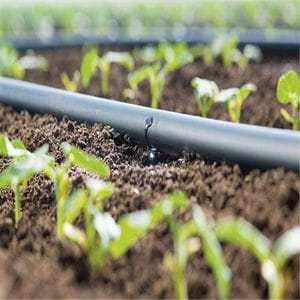Agriculture soil testing in Kenya is crucial for assessing nutrients and microbiology before planting to improve yield.
we do nutrients and microbiology analysis of agricultural soils in Kenya.
- Different soil types exist, including loam, clay, sand and silt, which vary in different regions and climatic conditions.
- Soil analysis aims to determine the nutrient content, pH level, moisture content, microbial activity and soil structure.
- Soil testing is an environmental assessment to determine the economic nutrient application rate for better production.
- Sampling tools and techniques are used to collect soil samples from different parts of the farm for analysis.
- Soil is routinely tested for primary nutrients such as phosphorous, potassium, and nitrogen using different soil test kits that cater for different soil types, styles, and budgets.
- Chemical soil testing technique involves adding chemicals to a sample of soil, observing color changes, and comparing with a chart.
- Digital soil testing uses electrodes to test for moisture content, pH levels, and soil lighting, and it's fairly reliable.
- Professional soil testing is the most advanced level of soil testing, done in a laboratory setup with complex machines to give accurate data and feedback.
- Farmers can purchase professional test kits, which are portable and come with procedure manuals for convenience.
- Soil testing assists farmers in choosing the best plants to grow and appropriate fertilizer application, maximizing yield while conserving soil from degradation, erosion, and pollution.
- Governments and the private sector have set up agricultural research facilities with state-of-the-art facilities and professional staff to educate and assist farmers at the grassroots level.



.png)


 20%
20%



0 Reviews
Your rating